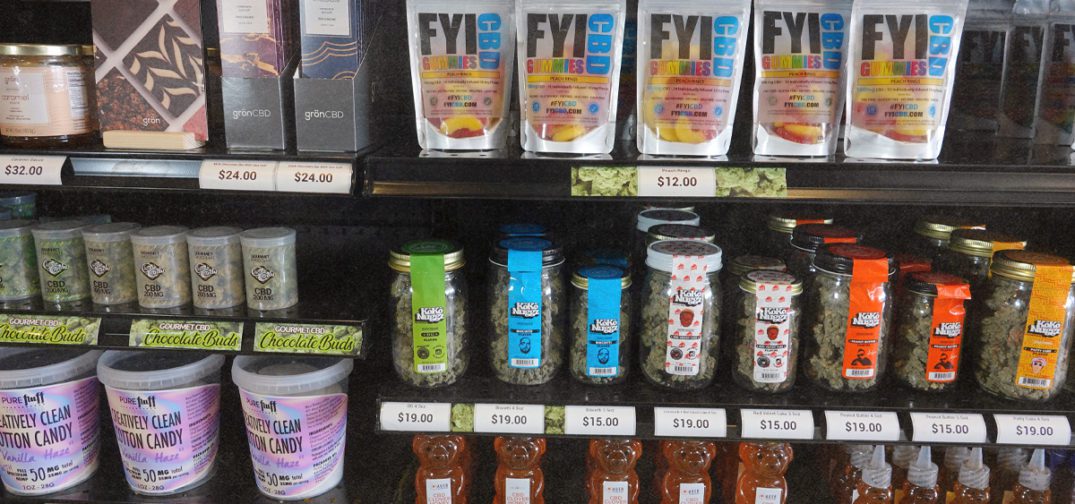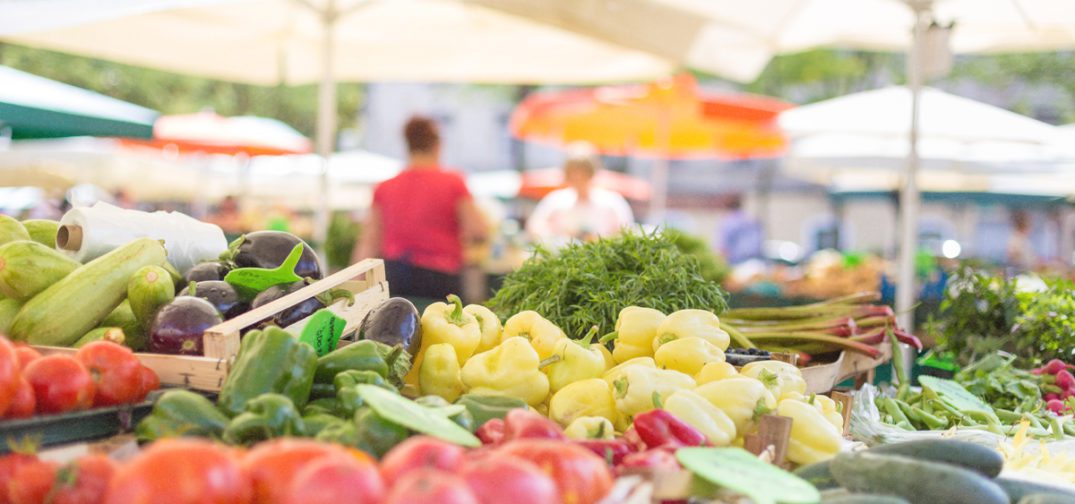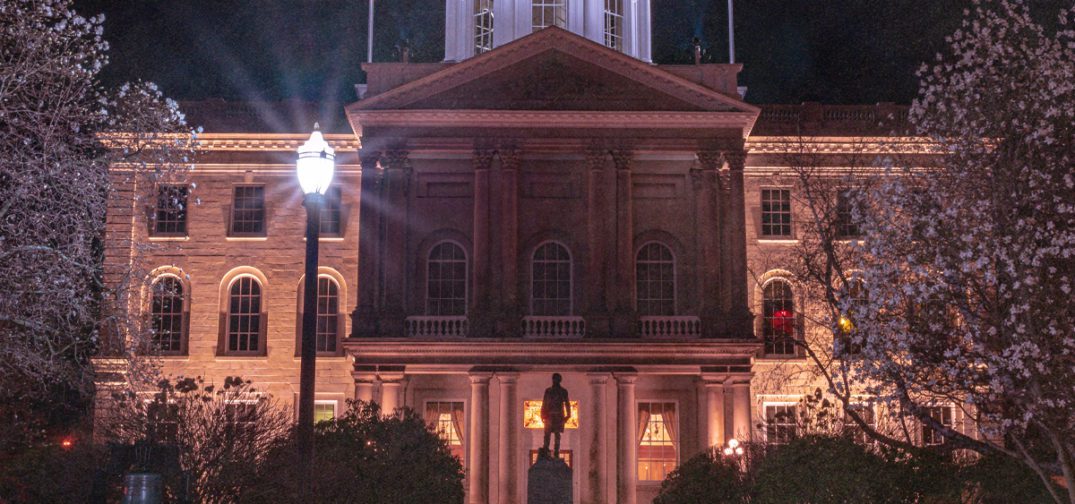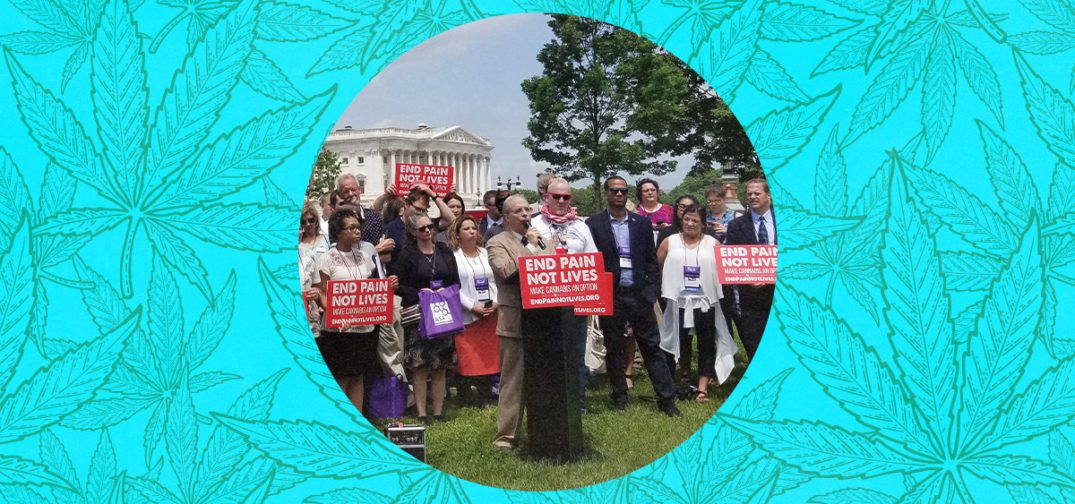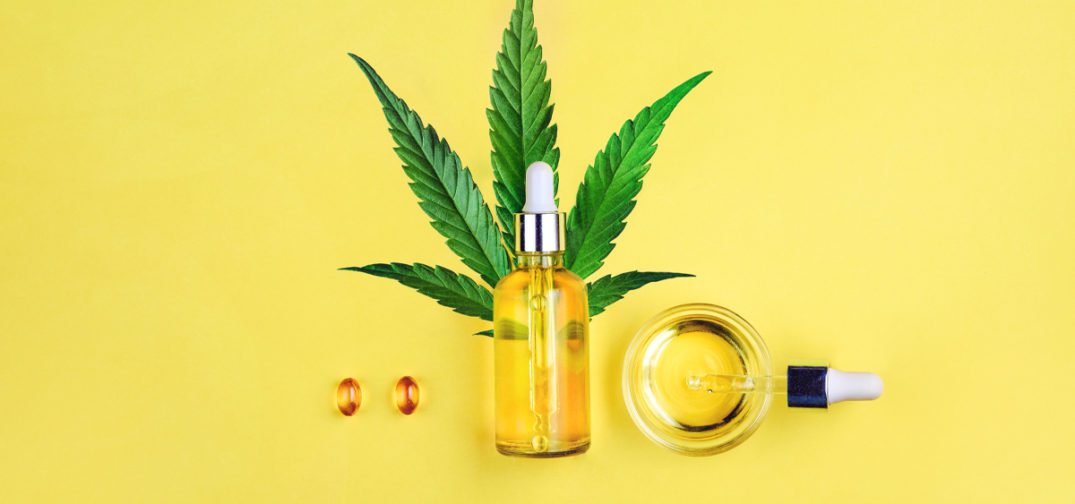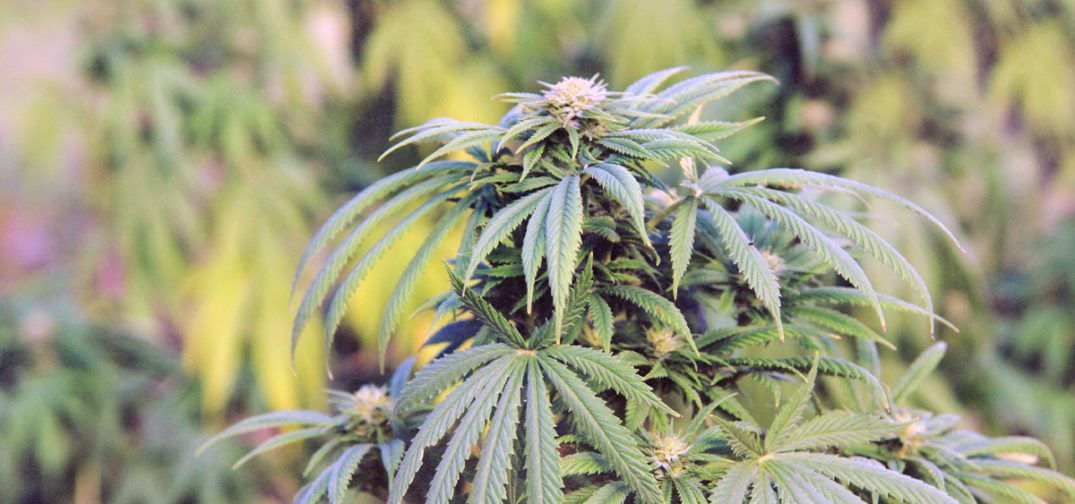New advanced Absorption CBD Creams, Premium Oil Elixirs, Gourmet Gummies and Science-based CBDBrainIQ mental health are featured in the Inedit Rob Floyd CBD Portfolio
Franklin, Tennessee. – May 2, 2022 – Rob Floyd Entertainment unveiled today Inedit Rob Floyd CBD Daily Wellness and beverage Elixir brand portfolio. Inedit Rob Floyd CBD provides consumers with an easy, safe, and fast way to manage their health needs throughout the day with convenient and trusted CBD products – including Gourmet Gummies, Premium Elixir oils, advanced Absorption Topicals and an industry first CBD Brain Health Nootropic. Inedit Rob Floyd CBD Daily Wellness line offers simple solutions that are easy to use, easy to love, and are a part of a new specialty beverage CBD market.

Scientifically formulated to improve daily wellbeing in specific ways, Inedit Rob Floyd advanced absorption topical line consists of powerful nano CBD, menthol, aloe vera and eucalyptus, designed for pain and inflammation relief and daily de-stress and anxiety. Powerful Roll-on’s and Body Cream’s with co-actives, proven-to-work aroma-technology and advanced absorption micelle, nano technology.
Inedit Rob Floyd exclusive triple filtered premium beverage oil elixirs are safe, powerful and effective for all beverages including cocktails, smoothies, and everyday zero-proof beverages.
Gourmet gummies tropical flavors, taste and texture and environmental packaging are a staple of Inedit Rob Floyd CBD.
And in an industry first, CBDBrainIQ, provide daily health benefits of CBD, advanced absorption, plus Nootropics for brain health, focus, memory and clarity.
“I believe that living better can be as simple as adding plant-based science HEMP into practical and effective daily solutions, including customized beverages says Rob Floyd. “I am thrilled to help improve people’s daily lives through proven CBD lifestyle products and effective beverages with safe, fast, zero THC products.
Inedit Rob Floyd CBD line’s safe, powerful, effective daily lifestyle products were created by Rob Floyd and Wellness Labs, a global leading diversified cannabis and cannabinoid-science based product company. Leveraging Wellness Labs Advanced Absorption micelle Nano technology and innovation into Inedit Rob Floyd Hemp CBD line provides customers and companies the best in class, safest and fastest health products.
“Inedit Rob Floyd Lifestyle CBD line offers safe and effective CBD products to improve everyday wellness. We are best positioned to launch and expand our premium lifestyle and beverage elixir product line ” said Rob Floyd. “Proven to work, 3rd party verified for safety, potency and quickness, Inedit Rob Floyd CBD line of beverage elixirs, advanced absorption topical pain creams, Gourmet Gummies and CBDBrainIQ represents new industry standards and innovation.”
The Inedit Rob Floyd CBD Wellness line is safe, powerful, and effective high levels of CBD with the lowest price per mg of CBD versus competitors.
Inedit Rob Floyd CBD Lifestyle Brand Products
- Advanced Absorption Pain Relief Roll-On Cream for pain, muscle recovery & anti-inflammation with powerful co-actives.
3 oz (1,000+ mg CBD) Pain Relief Roll-On
- Advanced Absorption Inflammation Relief Body Cream for Inflammation, pain, muscle recovery with powerful co-actives.
4 oz (1,300+ mg CBD) Inflammation Relief Body Cream
- Premium CBD Oil Elixirs for daily wellness and enhanced beverage benefits with safe, powerful, effective triple filtered oil technology.
30 ml Premium Lemon Oil Elixir
30 ml Premium Cinnamon Oil Elixir
30 ml Premium Natural Oil Elixir
30 ml Premium Old Fashioned Bitters Elixir
- Gourmet Gummies in five tropical flavors and colors. Best tasting, delicious daily gummies. Gluten Free, MSG Free, Dairy Free.
300 mg 30-piece Gourmet Gummies
- CBDBrainIQ Powerful, safe Brain Health nootropics with clinical dose of 25mg CBD per serving. Improved Brain Health, Focus, Memory Boost and cognitive function with all the benefits of Broad Spectrum cannabinoids.
About Rob Floyd Entertainment
Rob Floyd Entertainment is a Franklin-based mixology studio changing the way people experience cocktails, creating a healthy relationship with alcohol while providing meaningful social experiences. In short, we create an adventure in a glass. Rob Floyd is a global liquid chef and one of the most trusted mixologists in the industry. With bar teams in over 100 countries and clients all over the world, his reach into food and beverage is unprecedented. His passion for entertainment and emphasis on service makes him a unique player in the field. Rob founded Rob Floyd Entertainment in 2008 to bring an all-new mixology experience to the culinary world through Creating, Consulting, and Cultivating. Since then, RFE has traveled the world training bar teams, designing menus, performing Cocktail Theatre, and starring in a variety of TV shows and live events. Our vision is to inspire a belief in the all-around experience of a cocktail, to change the way people approach alcohol empowering them to appreciate the whole moment, to engage in a process and a passion, and relish the adventure in a glass. Sip Boldly!
About Wellness Labs
Wellness Labs is a diversified cannabis and cannabinoid-based consumer and B2B product company, driven by advanced absorption, micelle Nano technology and science based innovation. Wellness Labs leverages over a decade of experience in Cannabis plant science, Pharmaceutical and Nutraceutical consumer insights, and innovation. Wellness Labs offers innovative, science-based Cannabis products in superior quality Topicals, Premium Oils, Gourmet Gummies, and Infused Beverages.
Our international beverage technology, HydroPure serves markets in Canada, the U.S. and Europe, and is a private label supplier as well for both oil based and water based beverages. HydroPure powders and liquid additives simply allow food, beverage, cosmetic and product companies the ability to infuse their products with a safe, proven zero THC additive. Wellness Labs has entered the health and wellness in the consumer space in key markets through Network Marketing and direct to consumer channels. For more information e-mail contact@wellnesslabs.com.
For more information on the Inedit Rob Floyd CBD Line, Private Label product, beverage and Partnership opportunities e-mail info@ineditrobfloyd.com. Visit http://www.ineditrobfloyd.com, where the full lineup is available. Inedit Rob Floyd CBD is now available on affiliate programs.







